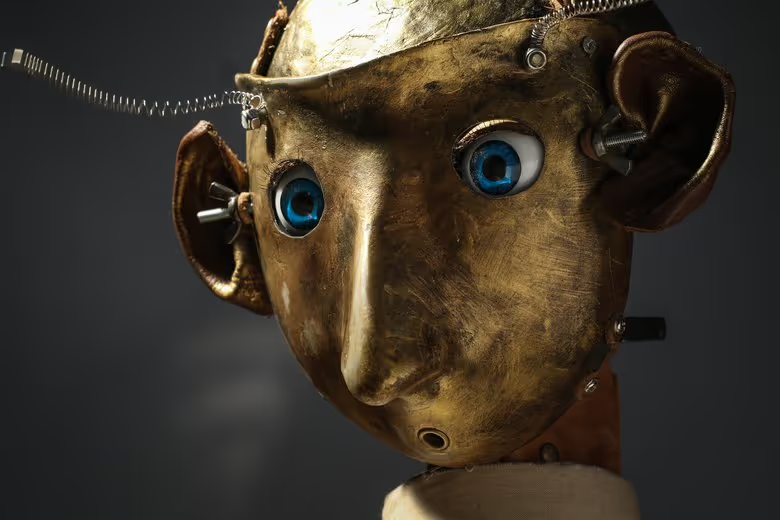Our Time Machine Delve Deeper Reading List Nonfiction For Younger Readers
Nonfiction For Younger Readers

Leblanc, Andre. The Red Piano.Melbourne, Australia: Wilkins Farago Pty Ltd, 2011.
A beautiful and extraordinary account of international concert pianist Zhu Xiao-Mei's hardships and triumphs while growing up during China's Cultural Revolution. Stirring and inspiring, this picture book relates the story of a gifted young girl's passion for the piano in a time of historic turmoil.
Lerner, Adrienne. Alzheimer’s Disease: Perspectives on Diseases & Disorders.Greenhaven Press, 2008.
Each volume in this series explores a particular disease or disorder in detail, beginning with an overview chapter that covers symptoms, causes and effects, treatments, cures, and medical advances; a chapter presenting numerous pro/con essays on the controversies surrounding the disease or disorder; and a final chapter containing engaging first-person accounts from people coping with the disease.
Ros, Hana and Matteo Farinella. Neurocomic: A Comic about the Brain.London, UK: Nobrow Press, 2014.
Do you know what your brain is made of? How does memory function? What is a neuron and how does it work? For that matter what's a comic? And in the words of Lewis Carroll's famous caterpillar: "Who are you?" Neurocomic is a journey through the human brain: a place of neuron forests, memory caves, and castles of deception. Along the way, you'll encounter Boschean beasts, giant squid, guitar-playing sea slugs, and the great pioneers of neuroscience.
Snyman, Matthew. The Dementia Diaries: A Novel in Cartoons. London, UK: Jessica Kingsley Publishers, 2016.
Follow the stories of Brie, Fred, and other young carers as they try to understand and cope with their grandparents' dementia at all stages of the illness. Adapted from true stories, and supplemented with fun activities and discussion ideas, this book for children aged approximately 7-14 cuts to the truth of the experience of dementia and tackles stigma with a warm and open perspective.
